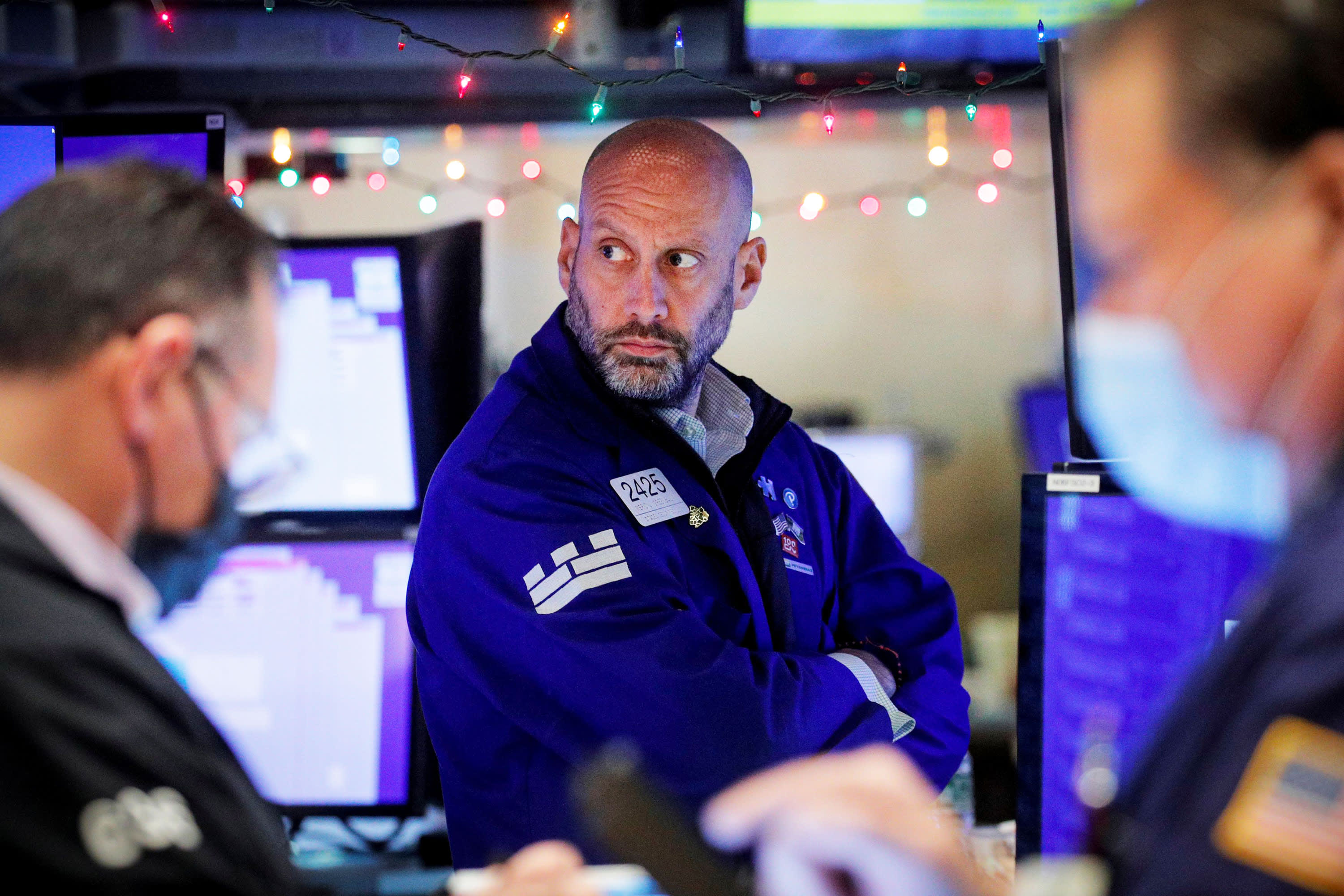
Thematic exchange-traded funds have had a tough go of it this year.
Nearly 100 of those ETFs are down 20% or more for 2021, with popular funds such as the Ark Innovation ETF (ARKK) and Amplify Online Retail ETF (IBUY) seeing some of the largest declines.
Investors in such funds may want to consider tax-loss harvesting, ETF Action founding partner Alex Shepard told CNBC’s “ETF Edge” on Monday.
Tax-loss harvesting is a strategy in which investors sell losing investments, realize a loss and reduce their capital gains taxes.
“When you look at the enormous amount of flows that went into some of these themes in January and February of this year when they were peaking, if you’re not looking at your portfolio right now and you have some of these positions … it’s something you should be doing,” Shepard said.
However, investors should be cautious when swapping certain ETFs out for others, Global X’s Jay Jacobs said in the same interview.
“Within the thematic ETF space, there’s a lot of ETFs that sound similar but have very different holdings. There’s about six robotics ETFs out there. The average overlap between those funds is less than 20%,” said the firm’s senior vice president and head of research and strategy.
“If you’re selling out of one robotics fund and getting exposure to the next, just be very aware of what are the actual holdings you’re getting in that fund,” he said. “But … I think investors should always be considering tax-loss harvesting, especially at this time of year, and the fact that we have more thematic ETFs than ever before gives investors more options and ultimately that’s great for the market.”
It also helps to be prepared for volatility in more niche products, said Jacobs, whose firm offers 90 ETFs focused on themes, income, commodities and other strategies.
“These funds are going to be volatile in the near term and hopefully grow in the long run,” Jacobs said. “We know cannabis is not going to be legalized federally overnight. We know robotics isn’t going to be adopted across hundreds of warehouses in the United States overnight.”
“Because these are concentrated portfolios that can be sentiment-driven in the near term, there’s absolutely going to be volatility,” he said. “By diversifying across themes, … whether it’s technology, whether it’s infrastructure, whether it’s people and demographic-led trends, I think that makes for a much more robust approach to thematic investing where we can weather these ups and downs in the near term.”




